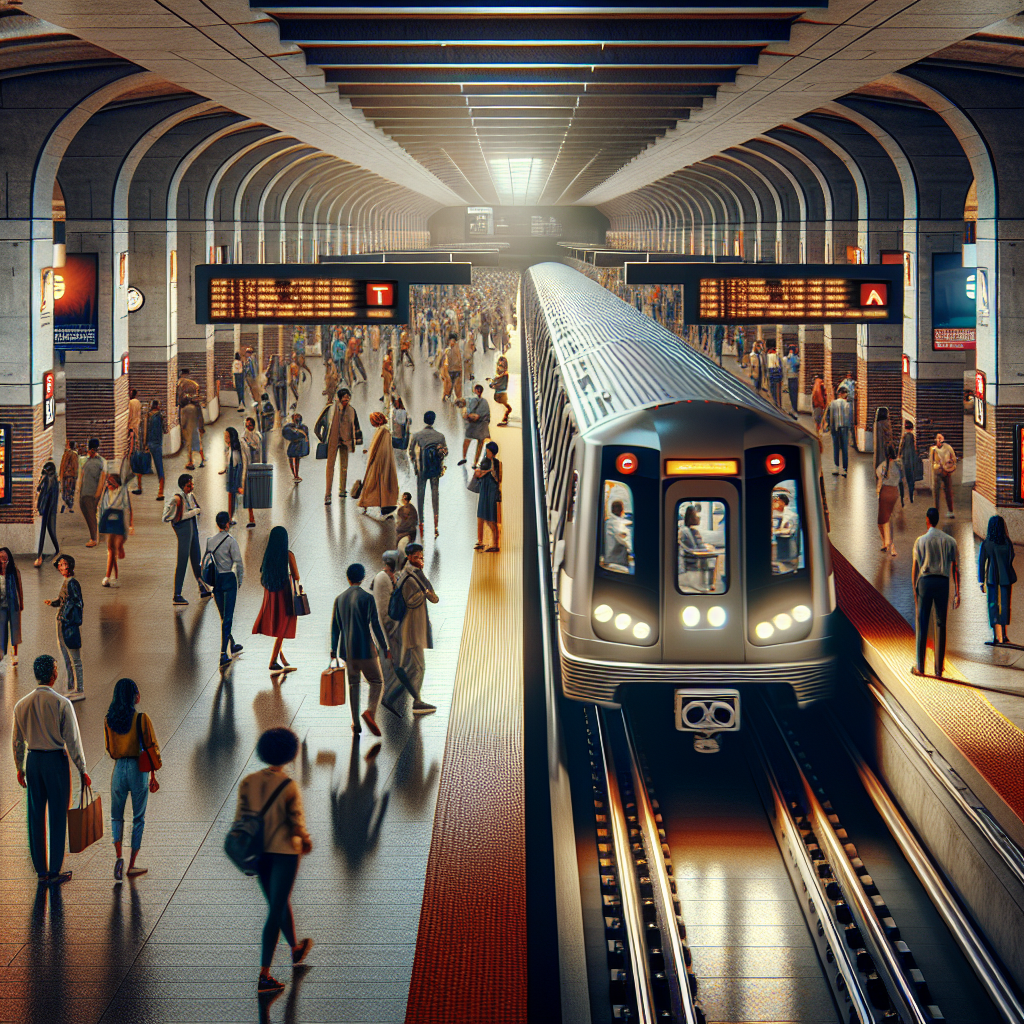IDB and Brazil Partner to Revitalize 10,000 km of Railways, Enhance Sustainability and Regional Connectivity
The studies will be informed by data from Brazil’s National Logistics Plan and the National Transport and Logistics Observatory.

The Inter-American Development Bank (IDB) and Infra S.A., an entity linked to Brazil’s Ministry of Transportation, are collaborating on an ambitious project to revitalize nearly 10,000 kilometers (6,200 miles) of railroads. These sections, soon to be returned by private concessionaires, will undergo extensive studies to determine their operational viability and potential for sustainable development.
This initiative is a strategic effort to bolster Brazil’s transportation matrix, enhance regional development, and provide low-carbon alternatives to traditional transport methods, contributing to greenhouse gas emissions reduction. The plan aligns with Brazil's broader goals of modernizing its infrastructure and achieving environmental sustainability.
New Opportunities for Rail Transport in Brazil
On December 11, 2024, the IDB announced the opening of the contracting process for feasibility studies. National and international companies are invited to submit proposals to create models for the returned rail sections from concessionaires Rumo Malha Sul, Ferrovia Centro-Atlântica (FCA), and Ferrovia Transnordestina Logística (FTL).
One of the critical areas under evaluation is the section connecting São Luís, Maranhão (MA), to Fortaleza, Ceará (CE), part of the FTL railroad network. These studies aim to identify the best ways to reintegrate inactive rail stretches into Brazil’s logistics network.
Enhancing Competitiveness Through Sustainability
Annette Killmer, IDB representative in Brazil, emphasized the multifaceted benefits of this initiative. “The studies are essential to revitalize inactive rail stretches, boost sustainable regional development, reduce carbon emissions, and strengthen Brazil's economic competitiveness. The IDB is committed to leveraging its international expertise to create solutions that combine logistical efficiency with environmental benefits,” she said.
Infra S.A.’s CEO, Jorge Bastos, highlighted the economic and developmental potential of the project. “These inactive stretches are valuable assets that, with the right investments, can generate significant returns in terms of logistical efficiency, economic competitiveness, and regional development,” Bastos stated.
He noted that many of these rail sections could help small producers access global markets, providing them with innovative logistics solutions to meet their demands.
Innovative and Collaborative Approach
The studies will be informed by data from Brazil’s National Logistics Plan and the National Transport and Logistics Observatory. This comprehensive methodology will include consultations with stakeholders in the productive sector, field visits, and detailed technical assessments of railway infrastructure.
Partnering with the IDB allows Brazil to expedite the pre-feasibility studies within six months. Detailed technical, economic, and environmental analyses are expected within 12 months, forming the foundation for future bids or alternative utilization strategies for the railways.
Broader Impact and Strategic Vision
The revitalization of these railway sections reflects Brazil’s commitment to achieving a balanced and sustainable transportation matrix. By increasing the share of rail transport, the country aims to reduce reliance on road transport, lower carbon emissions, and enhance the efficiency of its logistics network.
This collaboration also showcases the benefits of international partnerships. By integrating global expertise with local insights, the IDB and the Brazilian government are working to create logistics solutions that drive economic growth, foster regional connectivity, and ensure environmental sustainability.
The project aligns with Brazil’s vision of transforming its logistics infrastructure into a competitive and environmentally friendly system that meets the demands of the 21st century, paving the way for long-term economic and social benefits.










